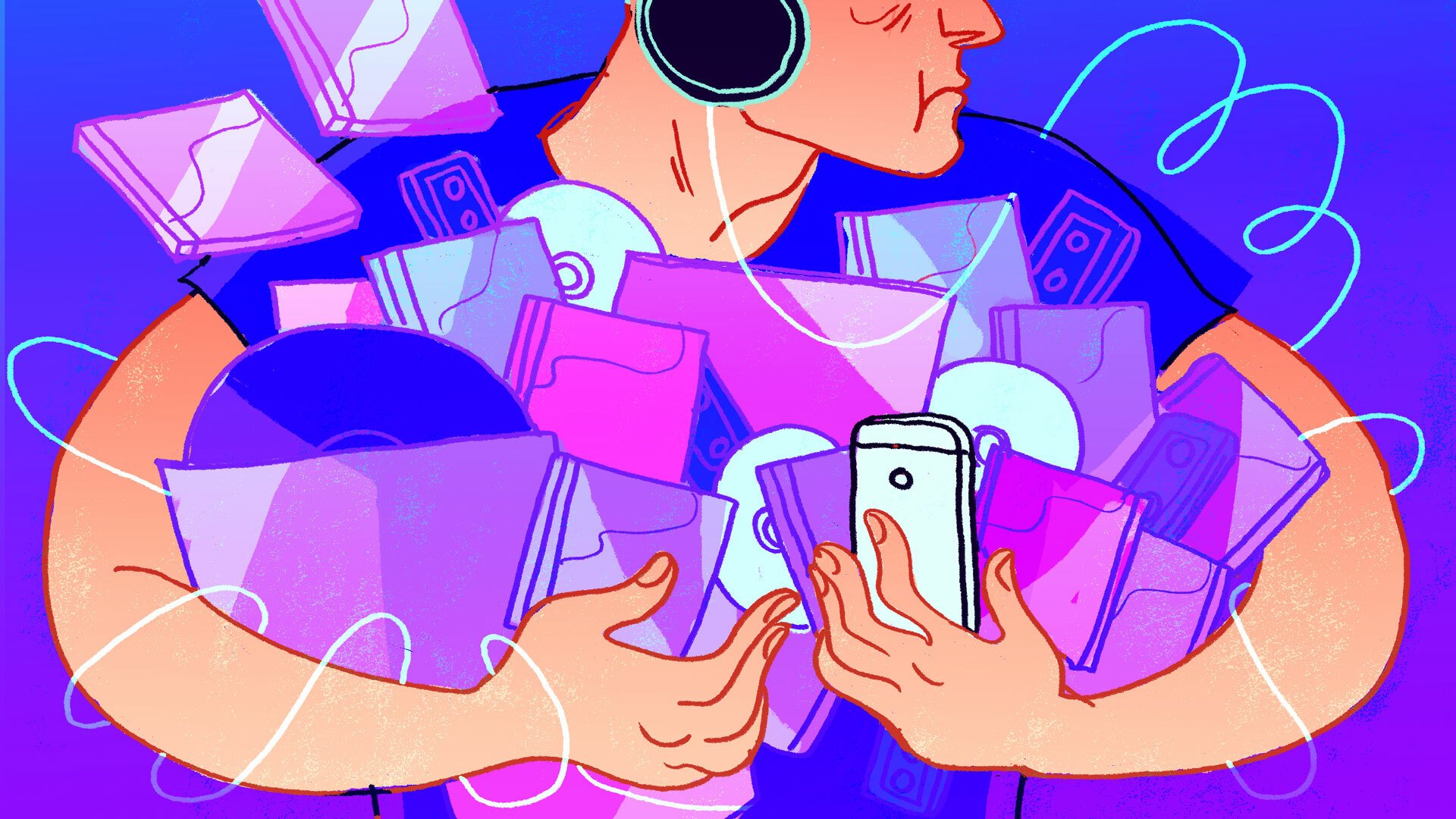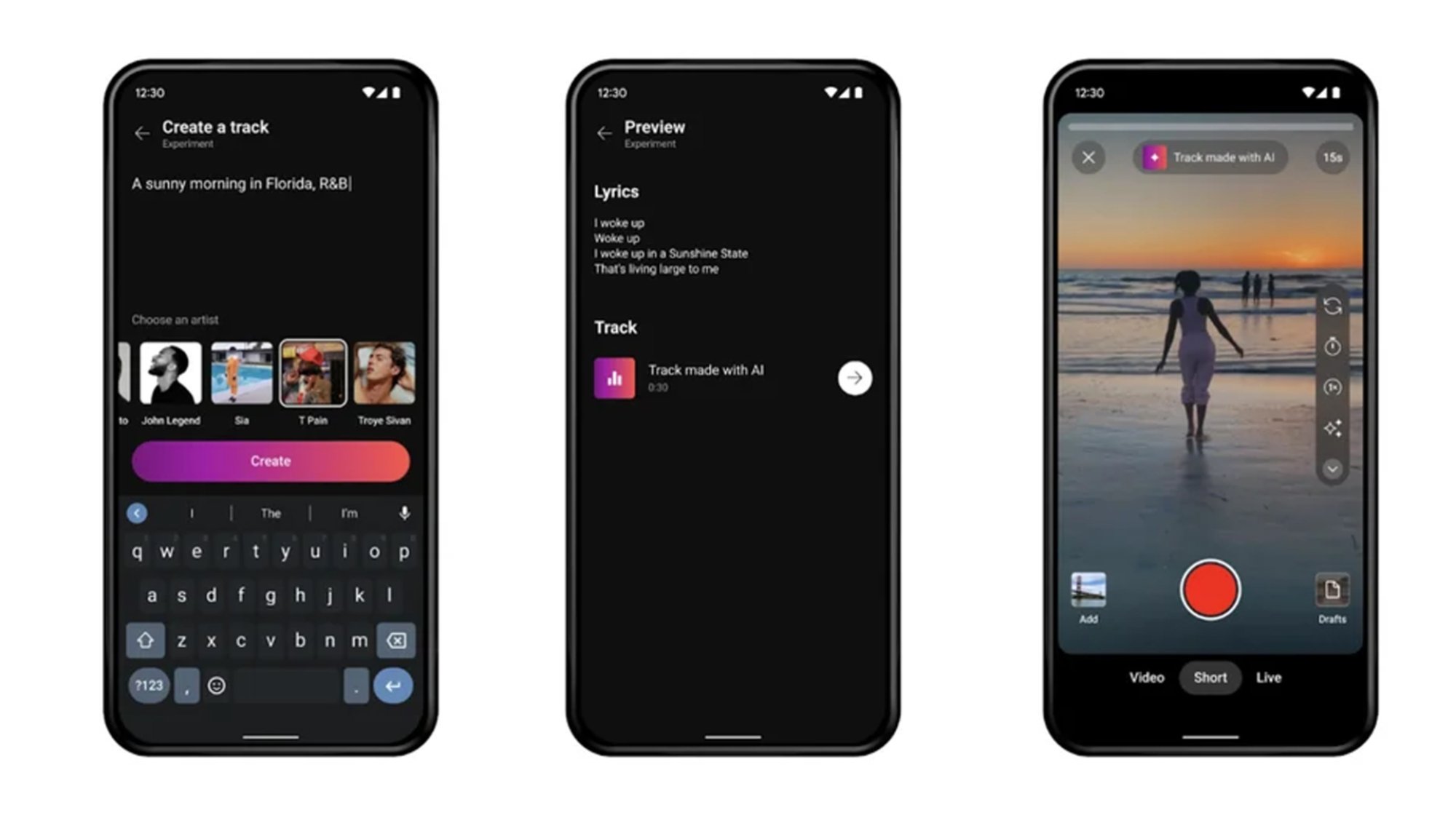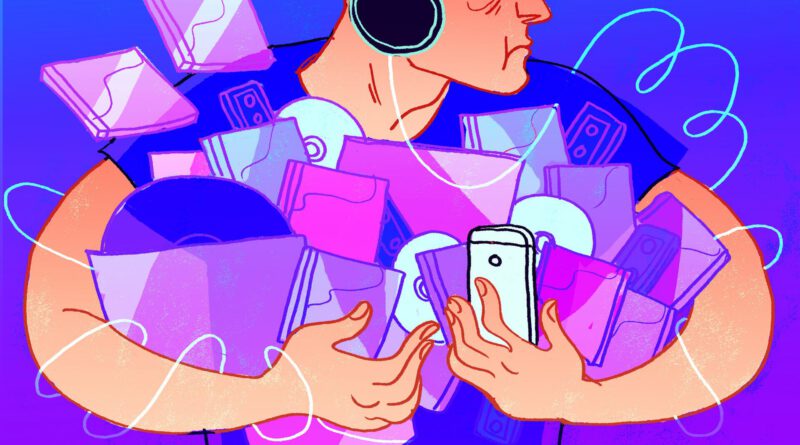YouTube lets you create AI music that sounds like Charli XCX (with permission)

YouTube is letting you make your own AI-generated music that sounds pretty damn similar to leading pop artists — with their permission.
Announced Thursday, the Google-owned video streaming platform is letting creators generate unique “Dream Tracks” for their Shorts in the style of Charli XCX, Troye Sivan, John Legend, Demi Lovato, Charlie Puth, Papoose, Sia, T-Pain, and Alec Benjamin, all with the agreement of the artists themselves.
To create a track, creators can type an idea for a song into the creation prompt, select one of the above artists, whose voice will be AI generated into the track.
“When I was first approached by YouTube I was cautious and still am, AI is going to transform the world and the music industry in ways we do not yet fully understand,” said Charli XCX in a press statement. “This experiment will offer a small insight into the creative opportunities that could be possible and I’m interested to see what comes out of it.”

The Shorts feature comes as no real surprise, considering Google announced its Music AI Incubator, a partnership with Universal Music Group, in August, and the licensing of artists’ voices for AI-generated music projects with YouTube. It was announced alongside the publication of YouTube’s AI music principles, which promise to “embrace it responsibly together with our music partners.”
Keeping the feature specifically for Shorts is a smart move, considering platforms like Spotify are removing thousands of AI-generated songs — and Universal had previously called for streaming services to crack down on AI-generated music due to copyright concerns.
The news also comes just two days after YouTube said it soon require creators to label whether a video was made with generative AI, or risk receiving fines, having their content removed, or being suspended from the YouTube Partner Program — and importantly, artists themselves will be able to request the removal of deepfaked content and AI-generated music uploaded without their consent.
As well as the Dream Tracks released today, YouTube said it was working with “on a set of music AI tools” with its Music AI Incubator, set for testing later this year: “Imagine being able to more seamlessly turn one’s thoughts and ideas into music; like creating a new guitar riff just by humming it or taking a pop track you are working on and giving it a reggaeton feel. We’re developing prospective tools that could bring these possibilities to life.”
It’s eggshell territory, the AI-generated music space, with possible controversy around every corner. But with major labels in direct conversation with tech platforms, licensing deals like these could at least bring a slice of comfort for the artists themselves. Is AI-generated music the future? For one, HYBE chairman Bang Si-Hyuk thinks so.
